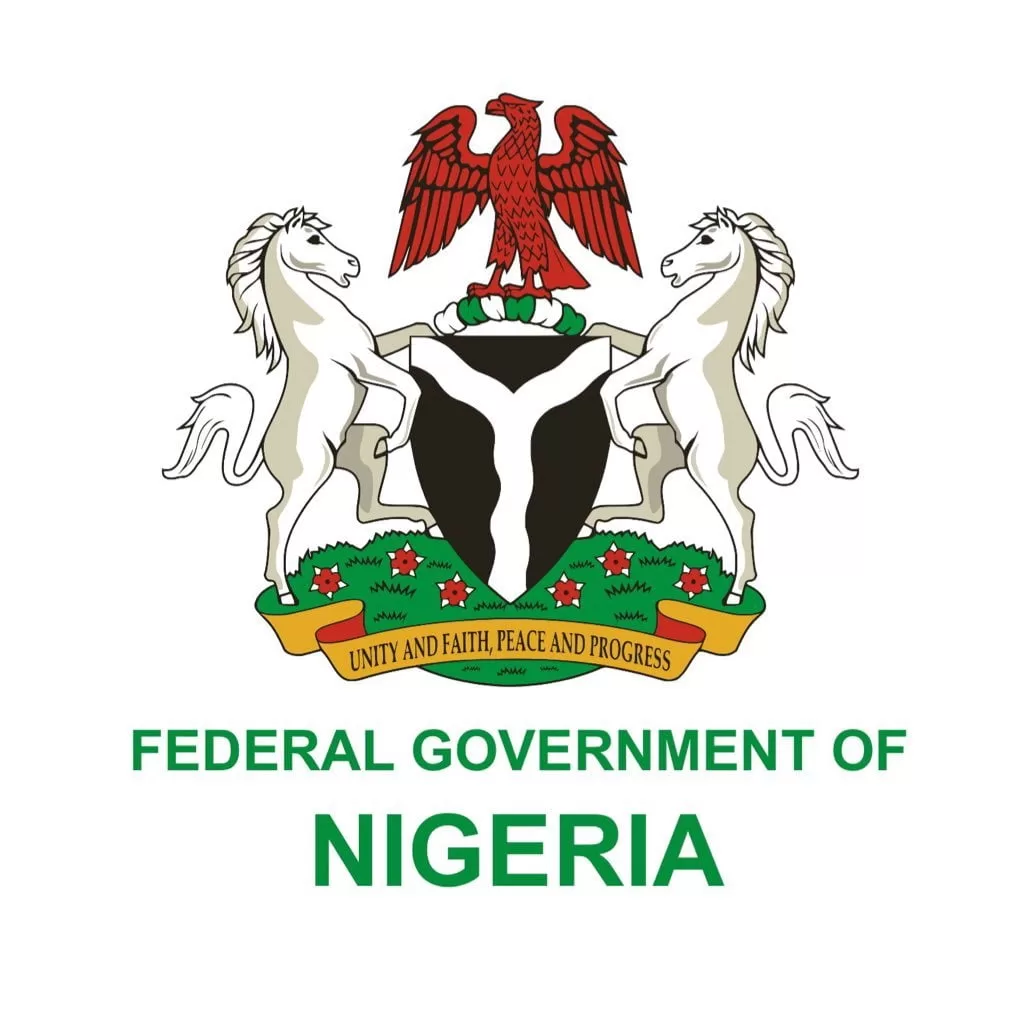
The Federal Government has announced plans to privatise or concession at least 91 state-owned enterprises, including the Ajaokuta Steel Company, Tafawa Balewa Square (TBS), Lagos Trade Fair Complex (TFC), the country’s four refineries, and five international airport terminals.
Director-General of the Bureau of Public Enterprises (BPE), Mr. Ayodeji Ariyo Gbeleyi, disclosed this yesterday in Abuja, noting that each transaction would undergo a rigorous and transparent process, with input from technical, financial, and legal experts.
“We expect, from the 91 enterprises, it will be subject to a very rigorous exercise. One transaction at a time. You take them sectorally,” Gbeleyi explained.
“For example, if we are talking about the five international airport terminals, of course, we will engage the Ministry of Aviation and Aerospace Development. It is the business case or the pre-feasibility study that will say to you what you can expect in terms of concession fee from terminal operators.”
The BPE boss stressed that the bureau cannot arbitrarily fix values or terms for the enterprises until expert advisers have completed feasibility studies.
“We can’t sit here and determine that. That is why we bring in advisers to assist us—whether as a financial adviser, whether as a legal adviser to review the legal regulatory framework, or as technical consultants to review the operational realities of the infrastructure and the business case.
It is that business case that will determine the structure and the nature of the transaction. Some transactions may lend themselves to a different structure, while another one will lend itself to another structure. And until you start, you cannot get to the nitty-gritty of what value and what to expect,” he said.
Using the stock exchange as an example, Gbeleyi explained the process further:
“If you want to enlist your entity on the stock exchange, you will engage investment bankers, you will engage lawyers, you will engage technical advisers. And based on their work, they will come up with a financial range and say to you that based on our analysis, this is the range of price you want to achieve. So, until we get to that phase for each of the transactions, we’ll now be able to tell you what to expect.”
Gbeleyi highlighted the impact of past reforms in key sectors, noting the transformation in telecommunications, pensions, ports, and aviation.
According to him, the telecom sector now boasts 169.3 million subscribers with a teledensity of 78.11 percent, contributing 14.4 percent to Nigeria’s GDP. Broadband subscriptions have reached 104.1 million, while internet users stand at 138.7 million. The e-commerce market, he added, was valued at $15 billion in 2023 and is projected to hit $33 billion by 2026.
On pension reforms, Gbeleyi revealed that the sector has amassed 10.79 million contributors and assets worth N24.63 trillion.
He also pointed to successes in port reforms, which led to the leasing of 26 terminals and attracted over $2.5 billion in investments, reducing cargo dwelling time to between four and seven days.
“Of course, the Nigerian Ports Authority (NPA) revenue profile is also growing as a result of this exercise—taxes, duties, and associated revenues are also increasing, with throughput improving and also improving contribution to the treasury,” he added.
In aviation, Gbeleyi cited remarkable growth in ground handling companies. NAHCO’s turnover, he said, rose from N3.25 billion in 2006 to N53.5 billion in 2024, while SAHCO’s turnover jumped from N2.31 billion in 2009 to N28.9 billion in 2024.
“These reforms and data points underscore the BPE’s strategic initiatives to enhance Nigeria’s economic landscape, addressing challenges and setting a trajectory for future growth. The discussions highlighted the importance of maintaining momentum in these sectors to ensure continued progress and economic stability,” Gbeleyi said.
With the planned privatisation and concessioning, the government aims to unlock value from state-owned enterprises, attract fresh investments, and boost efficiency across critical sectors of the economy.
 Premium News
Premium News